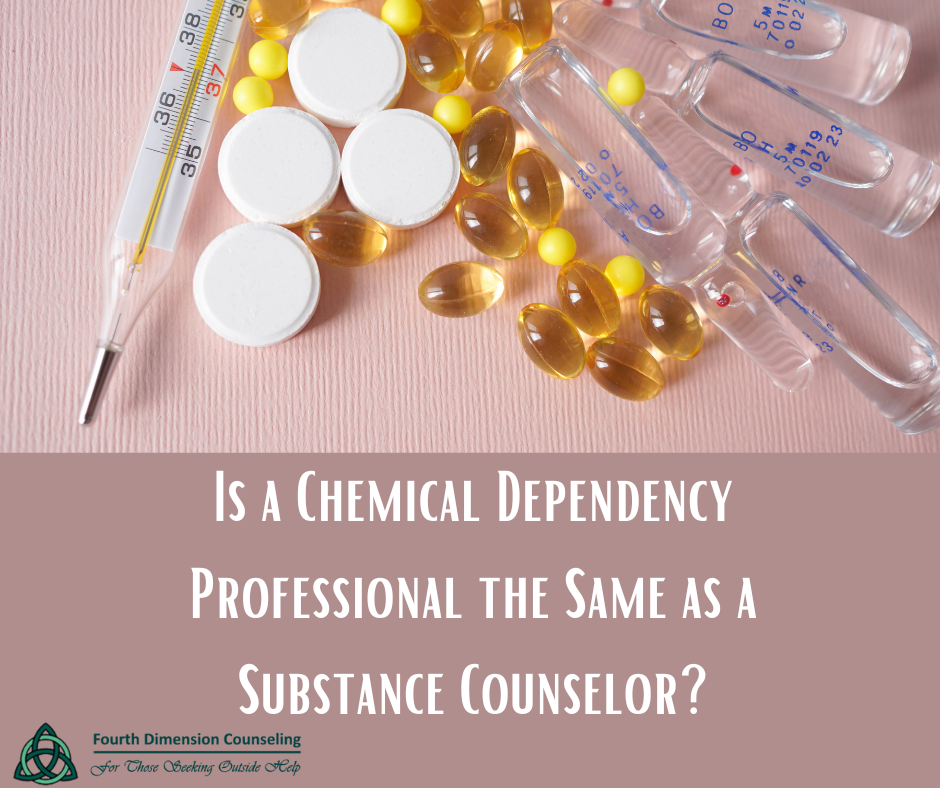
The growing use of drugs and alcohol has led to many professional terms for counselors. The headlines and daily stories on how addiction destroys individuals and families are overwhelming. The case is higher in opioid use across the country. The different professional terms for counselors make it challenging to differentiate between a chemical dependency professional and a substance abuse counselor.
Differences between a chemical dependency professional and a substance counselor
The different types of addiction have made a need to change the terms to be more inclusive. The titles vary in views and ideas on addiction. However, both terminologies have little difference but perform the same treatments. While chemical dependency professionals handle individuals with drug or alcohol problems, substance abuse counselors deal with these issues, including other adverse behaviors like eating disorders. In summary, the field gives many names to substance counselors, such as:
- Substance Use Disorder Counselor
- Chemical Dependency Professional
- Alcohol and Drug Counselor
- Addiction Counselor
However, the title says the level of service the counselor can provide, depending on the scope and practice. For instance, therapy or therapist is for individuals with higher qualifications and training in the field. In addition, the title shows the affiliation with specific training. Occasionally, people use the two terms interchangeably, shifting public perception. These titles can change if an individual decides to advance in the field.
What is a chemical dependency counselor?
A chemical dependency counselor deals with drug and alcohol addicts. The counselor examines the clients to know the type of chemical dependency and how it started. These professionals work to identify the addiction triggers and how to stop the client from relying on alcohol and drugs. Furthermore, they create a rapport with the client to encourage a safe space for emotional support. The relationship between the client and counselor, the intervention methods, therapeutic interventions, and coping strategies is to promote positive change. The change is to encourage quick recovery from addiction. The counselor forms a personalized recovery method before making it a group session. The group sessions are to facilitate accountability with the society to remain sober. In addition, it helps individuals identify their struggles and create a coping mechanism with the group’s assistance. The group sessions make it more bearable for the individual to stop the addiction while supported by the chemical dependency counselor.
What does a substance counselor do?
On the other hand, substance counselors provide treatment and support to individuals recovering from addiction or other behavioral problems. They identify the triggers resulting in dependence on drugs, alcohol, and other destructive behavior. Furthermore, they work with the client to formulate techniques and treatments to help.
The duty of some counselors focuses on a particular demographic, like veterans, teens, and disabled individuals. Besides drug and alcohol addicts, they also focus on gender, age, income level, and ethnic discrimination. The result is effective via communication and teamwork skills. They further work with social workers, psychologists, physicians, registered nurses, and psychiatrists to customize an effective treatment for a client. The goal is to coordinate patient care and encourage quick and long-term recovery.
More Advice:
- Do I Need to See a Counselor for Love Addiction?
- Simple Ways to Reduce Stress
- Sex Victims Can Experience PTSD
- Emotions and How to Process Them
- Sex Addiction Counseling
- How Do I Know it’s Time to Get professional Counseling?
- How to Heal from Betrayal Trauma
- What is PTSD? – (Government Help)
- The Mental Health Effects of Sexual Abuse
- The 4 Types of Intimacy
- 5 Ways to Reduce Stress
- What is Co-Dependency?
- How Same-Sex Couples Counseling is Different
- How to Know it’s Time to Get Mental Help
- How to Find a Great Relationship Counselor
- What if I Can’t Get in to See a Counselor?
